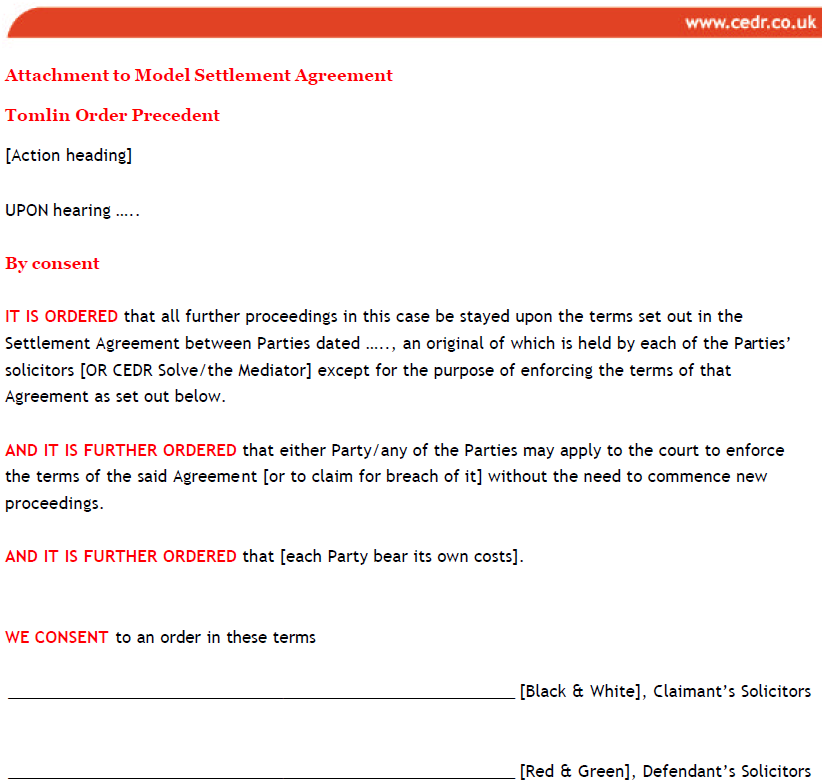Many have tried but all have failed to implement a definitive single enforcement mechanism for cross-border mediated settlement agreements.
This lack of any coherent method of enforcement is widely seen as a major impediment to further globalisation of mediation, the argument being how can we expect parties involved in large international commercial disputes to embrace mediation if there is a risk that any outcome might be, to all intents and purposes, unenforceable. Why would international parties not simply default to arbitration where the New York Convention of 1958 – Convention on the Recognition and Enforcement of Foreign Arbitral Awards with its 146 member states ensures the enforceability of both arbitration agreements and arbitral awards?
It happens like this – parties from different countries agree to appoint a mediator to help them resolve their trade dispute and they eventually mediate in one of their home jurisdictions, or for that matter in a neutral jurisdiction. After several days of mediation they go on to sign a settlement agreement and all sit back and breathe a sigh of relief.
However, no sooner is the ink dry on the agreement when one of the parties has a change of heart – let’s say because there is new ownership in the company or it could just as easily be that currency fluctuations have turned a good deal into a bad one overnight prompting them to look for a way out.
What to do?
Can the settlement agreement (which has no stronger legal force than any other contractual agreement) be subject of a breach of contract or specific performance claim ? Well sure, but that’s why the parties mediated in the first place, to avoid having to litigate their supply contract, so they are back where they started having to enforce a contract!
And another thing – in some countries it will be easier than in others to a) get before a court in a timely way and b) once there – to convince it to uphold the settlement when all the normal contractual defences are available including duress and mistake together with the usual suspects of incapacity, lack of authority, fraud etc.
Those contract defences can get quite complicated too, for instance whether a memorandum recording the settlement outcome drafted late at night is binding in circumstances where the parties contemplated drafting a full deed of settlement in the days following – is it, in actual fact, merely an agreement to make a later agreement?
Okay, if a breach of contract claim is going to be too difficult let’s see if we can agree to enforce the settlement agreement as a judgement of the court, especially if court proceedings have already been filed and the mediation is against a litigation backdrop.
In many jurisdictions where court proceedings are on foot it will be possible to have the court enter a settlement agreement as a consent judgement (aka consent decree in the USA or a UK Tomlin Order as below). For instance, the EU Mediation Directive expressly contemplates such a method of enforcement. In some jurisdictions it may be possible to obtain a consent judgement even if there are no extant proceedings.
Of course, the usual (and sometimes insurmountable) difficulties of enforcing a judgement in a foreign jurisdiction where assets reside remain.
All right, if enforcing the settlement agreement as a contract or obtaining a consent judgement does not really help us any, what can we do?
Greater minds than mine have looked at this point and all come up with the same answer – it may just be possible to convert the mediation settlement agreement into an arbitration award and thereby take advantage of enforcement under the New York Convention as an arbitral award.
Say what??
Well it could work like this… upon reaching agreement, the parties appoint the mediator as arbitrator who thereafter adopts the parties’ agreement as his or her award.
Some countries like Korea (the Korean Commercial Arbitration Board) and Sweden (the Stockholm Chamber of Commerce) provide for the entry of an arbitration award to record an agreement reached in mediation however while not insurmountable, many countries require there to be a “dispute” at the time the arbitrator is appointed which of course there would not be, once agreement had been reached and the mediator only then appointed arbitrator.
Assuming however that these hurdles can be overcome, the question remains whether such an award would be enforceable under the New York Convention. The Convention is unclear and largely untested.
While there is much to say on this point, it appears that many commentators agree that consent awards rendered by an arbitrator appointed before the settlement (effectively a med-arb process which has its own complications) are governed by the New York Convention and are enforceable under that instrument – however it is less clear whether the more straightforward process of appointing the mediator as an arbitrator upon/after settlement can do likewise.
All agree however that clarification is needed and if it was a simple matter of appointing the mediator in a cross border mediation as an arbitrator upon resolution of the dispute in order to make an award reflecting the parties’ settlement that could be enforced via the New York Convention, the handbrake on international mediation would be eased if not released and mediation would find its rightful place at the table of global commerce.
This post owes much to the work of Edna Sussman, a New York mediator who has written extensively on this subject and of course if you want to know more you can’t do better than looking at our very own Kluwer Mediation Blog editor Nadja Alexander’s seminal work International and Comparative Mediation @chapter 7
*
________________________
To make sure you do not miss out on regular updates from the Kluwer Mediation Blog, please subscribe here.


